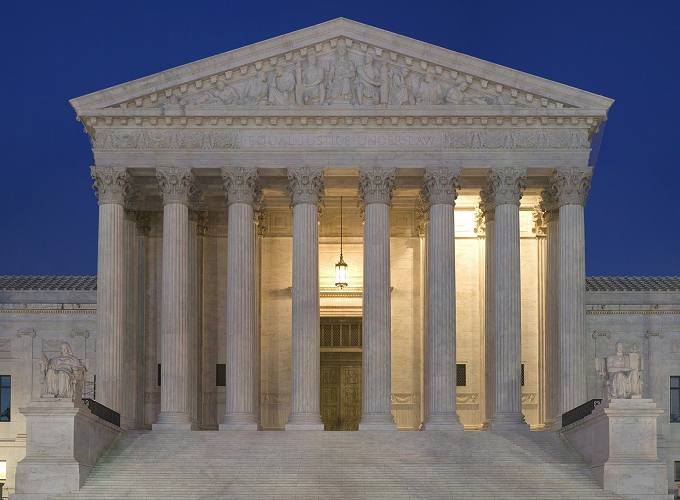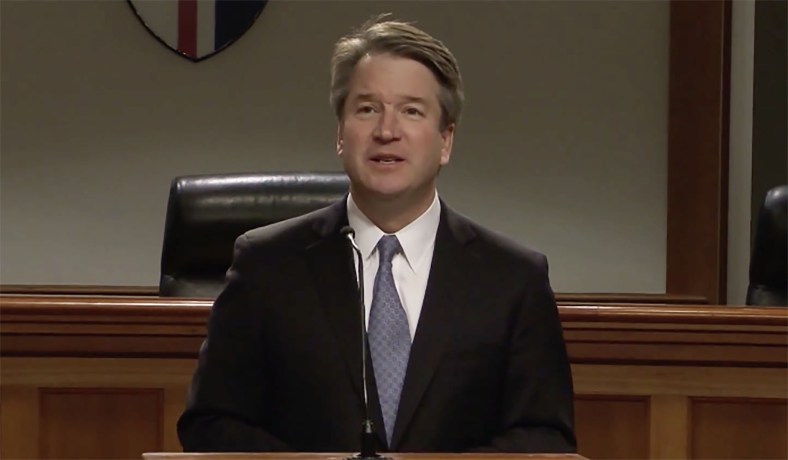On September 26, President Donald Trump nominated Judge Amy Coney Barrett of the Seventh Circuit Court of Appeals to fill the vacancy on the U.S. Supreme Court created by the passing of Justice Ruth Bader Ginsburg.
Prior to Judge Barrett’s nomination, we researched her views on the four First Amendment political rights – speech, press, assembly, and petition. To find relevant cases, we searched opinions written or joined by Judge Barrett that included the phrase “First Amendment.” We then reviewed each opinion to determine its importance, if any, to core First Amendment political speech rights. The Institute for Free Speech ultimately published two analyses of the First Amendment record of Judge Barrett during her time on the Seventh Circuit:
Following Judge Barrett’s confirmation hearing before the U.S. Senate Judiciary Committee, we reviewed the transcript to identify any exchanges with members of the Committee that revealed more about her views on the First Amendment’s protections for freedom of speech, press, assembly, and petition. Those exchanges are reproduced in the following review:
Finally, prior to President Trump’s announcement of Judge Barrett as his Supreme Court nominee, we also analyzed the First Amendment record of another judge reportedly on the President’s short list, Judge Barbara Lagoa of the Eleventh Circuit:














